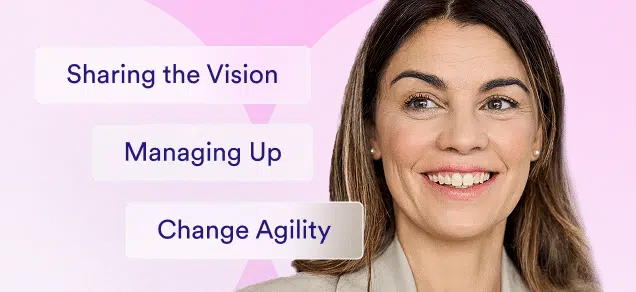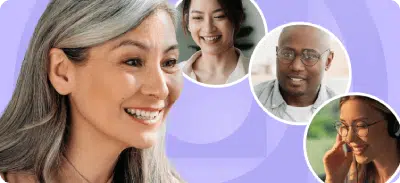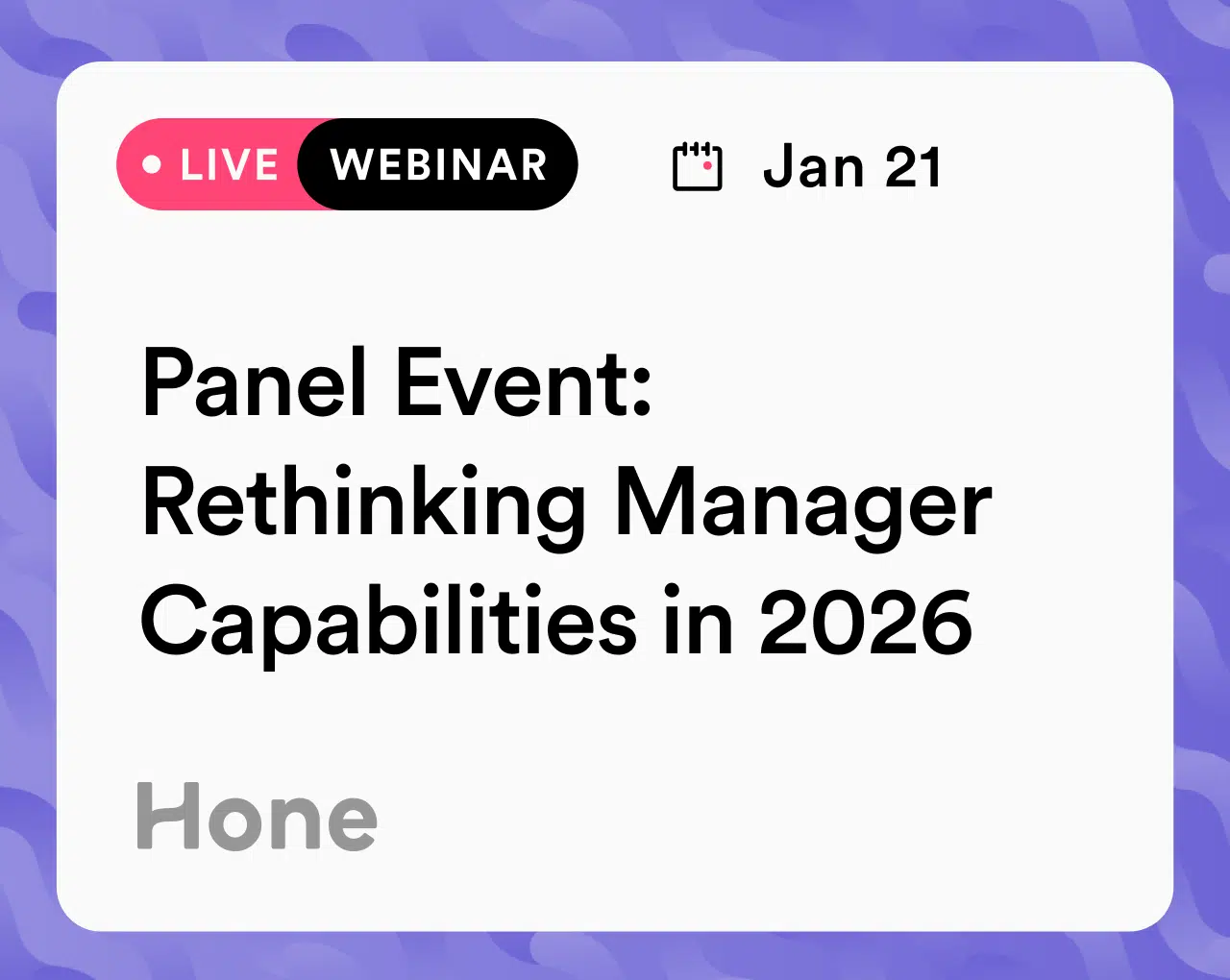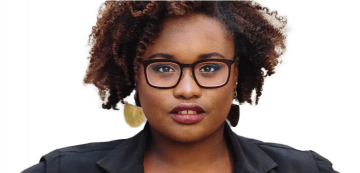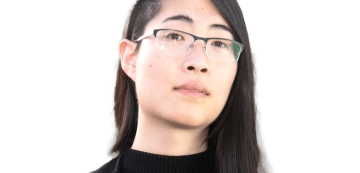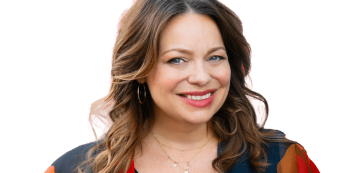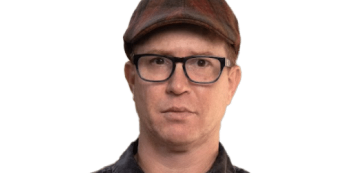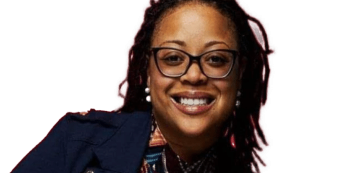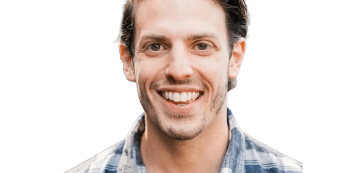Why are you passionate about diversity, equity, inclusion, and belonging in the workplace?
Lily Zheng: As a D&I consultant, what I do is make systemic change. I have helped companies fix their culture, structure, policies, and practices to make performative D&I a thing of the past. I deeply care about fixing the world around us and I don’t have any patience for companies that say one thing and do another. My passion is in helping folks who want to get it right actually get it right.
Jared Karol: I do what I do because when I grew up in a very homogenous, very straight, very white, very cis environment, I didn’t know what I was missing. My dad told me he was gay when I was 14. I finally told someone when I was 20 and that opened me up not only in the LGBT community but also all these other communities that I had never known before. I was missing out on all these relationships, opportunities, and knowledge for years. I really focus on the story and helping white folks find their story around racism or anti-racism. Change starts at the individual level.
Karen Fleshman: I am someone who really really loves people. All people. I believe that the system of gendered racism that has been baked into every aspect of our lives since the very origin of our country is going to get us all killed. We have to get rid of this system of oppression. I focus on the workplace because I believe we all deserve the opportunity to deliver our gifts to the world. But the way our workplaces are currently designed is causing tremendous, tremendous harm.
Alexandria Butler: People ask me all the time what I do and I say that my title is a freedom fighter. What I want people to understand is that all of us are freedom fighters. You decide whether or not you’re actually going to stand in that truth. If every person stood up to fight and decided to use their layers of privilege to help other people, we could bring down systemic racism. I want to make people wake up every day and think what can I do each day to knock down some type of racist behavior?
Who is uniquely positioned to make the biggest difference in the workplace?
Alexandria Butler: It’s middle management. The CEO can set any lofty goal they want, but it would never get done without middle management. They’re the ones running the day to day that drives results. They have the power, resources, and influence to call-out injustice, advocate for their direct reports, and build a work environment where every employee has a voice and feels valued. People leave managers, not companies.
Dominique Hollins: On top of that, people managers should be required to take rigorous training courses on creating a culture of belonging, microaggressions, delivering feedback, etc. But they must also be held accountable to ensure they’re amplifying the voices and the representation of people of color.
Karen Fleshman: Managers set the behavioral tone for the entire team. If they’re micro-aggressing, leading with bias, or perpetuating unfairness, employees will get fed up leave. Or, if folks on the team are the ones with harmful behaviors and a manager just allows the behavior to continue, that sends a message to employees that they don’t care. Good managers need to advocate for every one of their employees and speak out against injustice.
People managers can meet individually with the most marginalized people on their team and say, “Your experience here is extremely important to me. What can I do to have your back? How is it going here? Are there any problems that I should be aware of?” That candid conversation let’s them know their manager is looking out for them, willing to stand up on their behalf, and work to build a safe workplace environment.
If we are to build truly anti-racist companies, we need leadership teams composed of the most marginalized people in the workplace. Change is not going to come from white leadership pushing down an anti-racist agenda. It has to come from people who are the most impacted people. They are the closest to the problem and therefore closest to the solution. View the full event recording above
What’s one key takeaway you want leaders to leave with today?
Jared Karol: This is especially for white leaders, but I think it applies to everyone: recognize that your story of racism may actually seem like a non-story. So what do I mean by that? I didn’t have any issues with race growing up. I have no stories. But, that’s my story. Except there was that time when I didn’t have any black friends in high school. Or, that time when I played on a sports team of 35 guys, and 33 of them were white. Those weren’t stories when I was living them, but looking back on my experience, those are the stories.
Folks who’ve been living this life of privilege and unawareness, you have to start thinking about why you’re not understanding what all the fuss is. You have to do that self-reflection and realize what barriers existed for others in life that didn’t for you. Your story might be a non-story.
Lily Zheng: The winds are changing. People want individuals and companies to do more and take a stand on big social issues like racism, sexism, inequality, and injustice. Don’t be afraid to go bold because that’s the direction our country is moving in. We have an enormous opportunity right now, so go big, go bold. Say the things that are hard to say—you’ll find that more people support you than you think.
Alexandria Butler: It’s always the right time to do right. So I don’t know what you did in your past, but today, you have the opportunity to do the right thing. This is a great time to make the commitment to create an anti-racist workplace.
Karen Fleshman: And I am drawn so much courage, seeing the black young people with the megaphones out on the street leading these protests. So when you feel like oh my god, I’m so overwhelmed. And everything is a terrible mess and I’m so depressed. I want you to tap into that level of courage, that level of anger. We should all feel that.
Dominique Hollins: One key takeaway that I want everyone to leave with today, in the words of the Hamilton Broadway play‚ is that history has its eyes on you. What side of history are you on? Are you fighting for justice and equality for all, or just a few? Just because it isn’t you today doesn’t mean your time isn’t coming.
